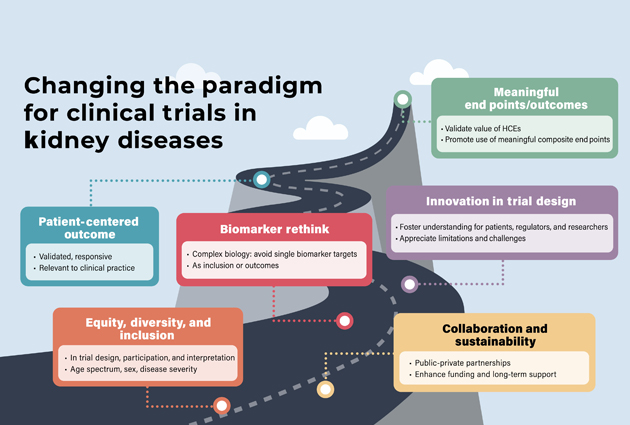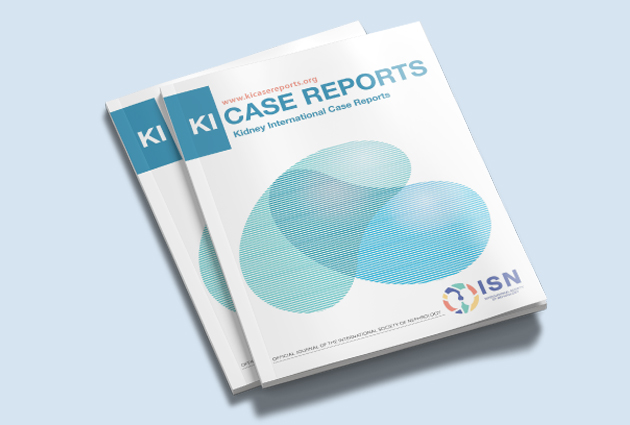Caring for Patients with Kidney Failure: Ten-Year Strategy
This month’s Supplement to Kidney International features the detailed description of a global strategic plan for care of patients with kidney failure. The strategy is to be implemented progressively over the next decade.
As noted in the accompanying editorial, there is a huge gap between the total global number of patients with kidney failure and those who have access to kidney replacement therapy (KRT, dialysis and kidney transplantation) or conservative kidney management without KRT. This gap is especially evident in low-income countries and lower-middle- income countries where many patients die because they can’t access KRT, or they have to discontinue it after only a short period of time because it is so costly, or they don’t have a choice between different treatment modalities (integrated care). Therefore, it is critically important to develop rational, equitable, and ethical pathways to treat kidney failure.
Following ISN’s Summit on integrated kidney failure care in early 2018 and a workshop at the 2019 World Congress of Nephrology in Melbourne, a detailed strategic plan involving 18 separate projects was developed across four themes: Dialysis, Resources, Transplantation, and Conservative Kidney Management, to be addressed within a fifth, overarching theme; Monitor, concerning kidney failure registries, primarily SharE-RR, and data collection, notably from the ISN Global Kidney Health Atlas.
Work on these projects will commence immediately and will involve a diverse group of individuals representing all world regions and socio-economic conditions and other relevant kidney societies and organizations. Resource-sensitive recommendations and action plans will be developed that can be adapted nationally and locally to take political, social, and economic conditions into account.
The COVID-19 pandemic has further highlighted the particular vulnerability of patients with kidney failure. Implementing a global strategy for integrated care of patients with kidney failure is more important than ever.









